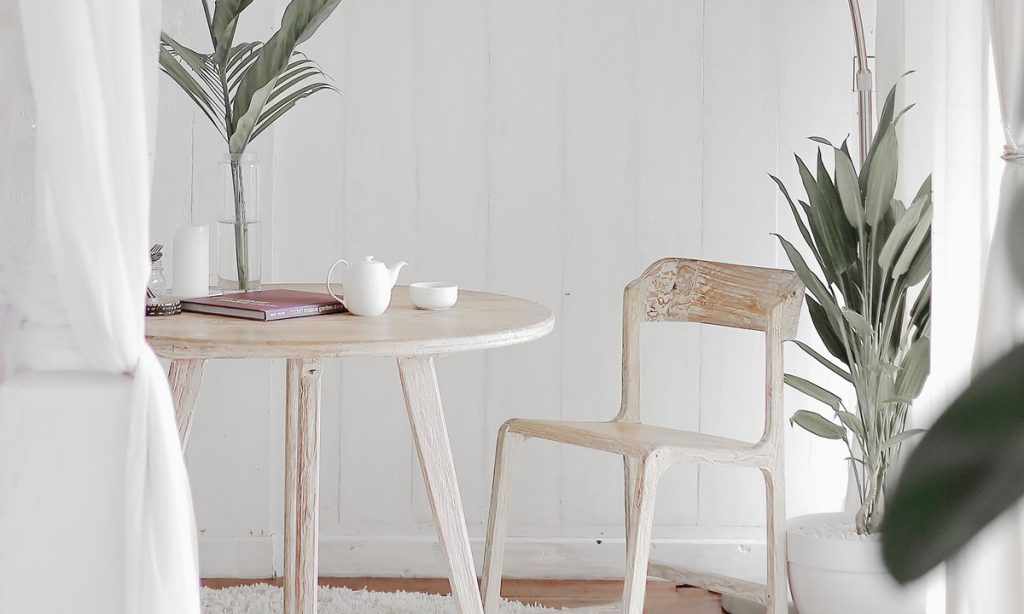Minimalism is a word that refers to many things, most closely associated with topics like art and design. When mentioned, it evokes images of white walls within spare and functional apartments. Now, it’s a word that is also seen as a lifestyle, even if there’s no clear cut definition as to how to do it or what it does.
When discussed by people who’ve embraced minimalism, the term refers to cutting from your life all the stuff that isn’t considered necessary. This can be internalized in different ways, whether that means having less books in your library, less clothes cluttering up your closet or less distracting relationships in your life.
It’s a lifestyle choice that sounds healthy and tempting, but that can also be intimidating, especially when out culture focuses so much on consumption. The good thing is that, again, minimalism can be interpreted in any way you want. It can help people save money, be happier, and find more peace in their day to day lives.
RELATED: Here’s What Socializing Will Be Like During The Fall And Winter Months
“Being at home allowed me a moment to pause and assess everything I owned and, more importantly, what I really needed. The idea of conscious living and of maintaining a simple life were the ideals that attracted me to minimalism,” minimalist Christine Platt tells Domino Magazine.

While a lot of minimalists adhere to the sparseness of spaces and clean and white colors, not all of them do. “Our buying and furnishing choices hinge on a different question: Does this matter and does this make us free?” says Platt, who incorporates elements of her African heritage in her home’s design.
When it comes to the challenges of minimalism, there are a few, especially when it comes to decluttering and in coming face to face with all the stuff we own and that we put emotional baggage into. Realizing all the stuff you own and have spent money on can make people feel guilty and like they’ve lost control of their lives, which of course can be regained the minute they try to exert some control over what they own and use.
RELATED: Keep This In Mind When Choosing Your Face Mask
One of the most beneficial aspects of minimalism is how the physical — less items, less clutter — can translate into the internal. People who embrace minimalism often discuss the benefits that the philosophy has added into their lives, how they are now more intentional with their time, goals and relationships. Once you cut down on distractions, there’s more time and energy to focus on what matters most.




